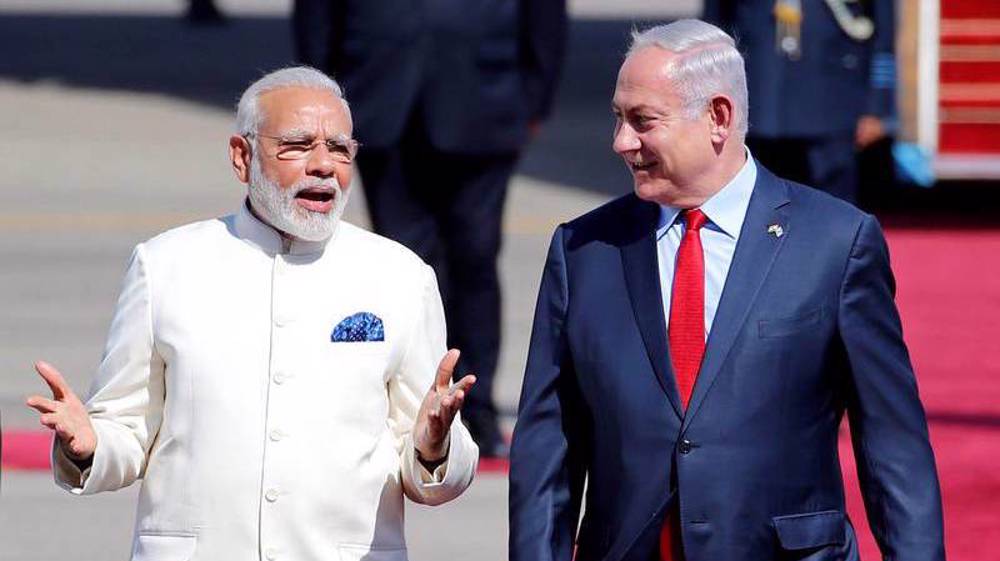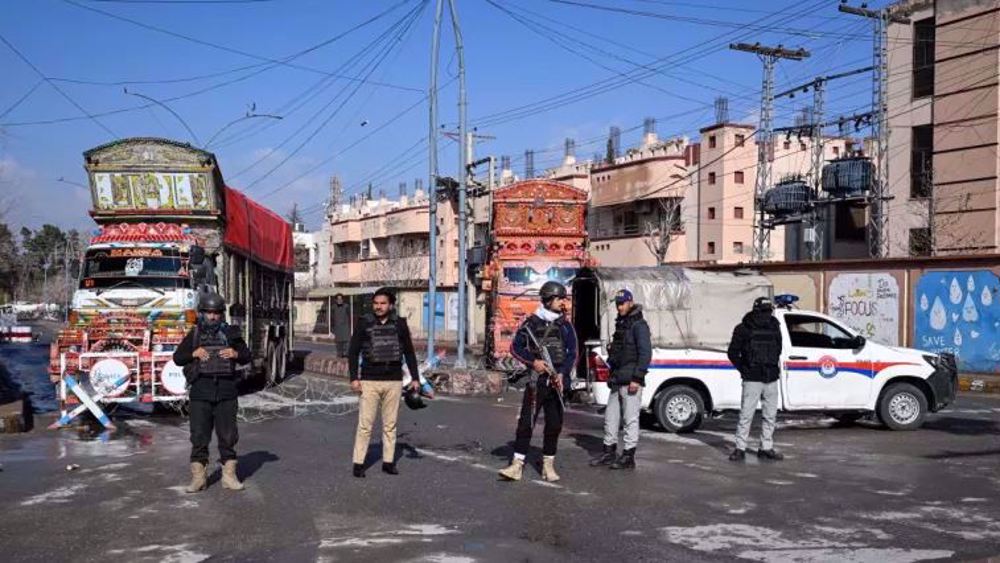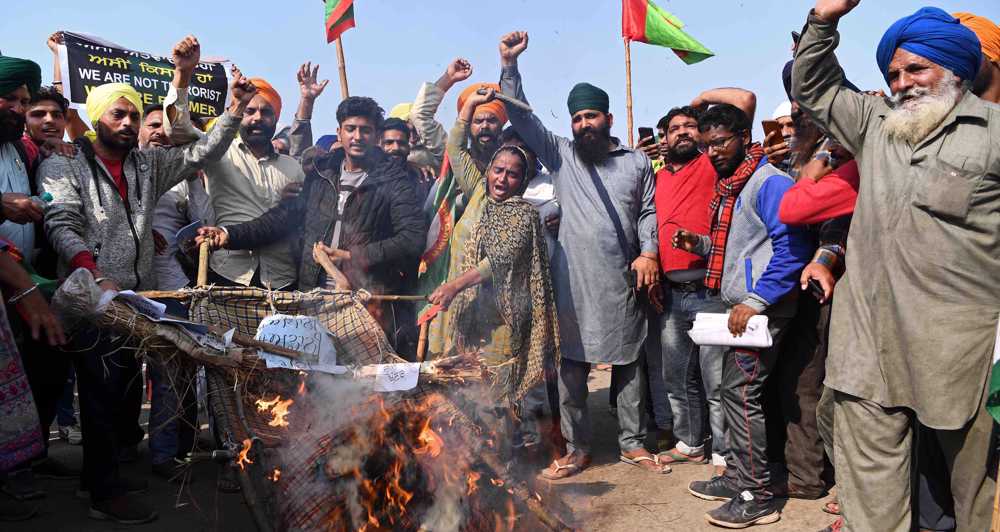Indian farmers protest near capital, as deadlock continues over agricultural laws with government
Tens of thousands of Indians take to the streets on the border with the capital New Delhi, against a series of a series of newly passed farm bills that farmers say will ravage their livelihoods.
Demonstrators came to the streets on Sunday, amid a deadlock between the government officials and farmer union leaders over three laws that New Delhi says are meant to overhaul procurement procedures and grant farmers more options to sell their products.
The farmers, however, say the proposed amendments will create an opportunity for large, private companies to enter and exploit the entire agriculture sector.
Protest rallies are being held outside the capital. Police have heightened security measures, deployed forces and put up barricades to prevent them from entering the city in large numbers.
Opposition parties and some senior economists have lent support to the protests.
Protest leader Kamal Preet Singh Pannu said hundreds of farmers will launch a tractor trolley march to New Delhi to voice our grievances against the new laws.
"Government wants to discredit and crush our movement, but we will continue to protest peacefully,” Pannu said.

Farmers from all over the country arrived in New Delhi suburbs by tractors and on foot last month. They blocked roads and set up makeshift camps, according to protest leaders.
They slept on the road or in their tractors, and several places of worship offered food to protesters.
More than half of India's working population comes from the agricultural sector, according to India's most recent Census in 2011.
People around the world have also been protesting to show support for Indian farmers as the laws could have a significant impact on consumers who rely on India globally for many key items such as turmeric, chili and ginger.

The protests, according to experts, are about "the people who feed all of us."
India is the leading exporter of Basmati rice and the world's largest milk producer, according to India's Agricultural & Processed Food Products Export Development Authority.
It is also the world's largest producer, consumer and exporter of spices.
The United States, the United Kingdom, China, Vietnam, Hong Kong, Bangladesh, Thailand, the United Arab Emirates, Malaysia, and Sri Lanka, were the top 10 importers of Indian spices last year.
VIDEO | US attack on Iran & world economy
Azerbaijan president meets top Israeli lobby group leadership during visit to US
Israeli settlers kill 19-year-old Palestinian man in West Bank raid
Israel installed, managed security system at Barak-Epstein New York flat: Report
Iran deplores Israel’s new land grab scheme in West Bank
VIDEO | Vienna holds conference dubbed 'Iranian-Islamic Civilization, Identity and Historical Splendor'
VIDEO | Press TV's news headlines
Journalist Tucker Carlson says he was detained in occupied territories after interview with US amb.












 This makes it easy to access the Press TV website
This makes it easy to access the Press TV website